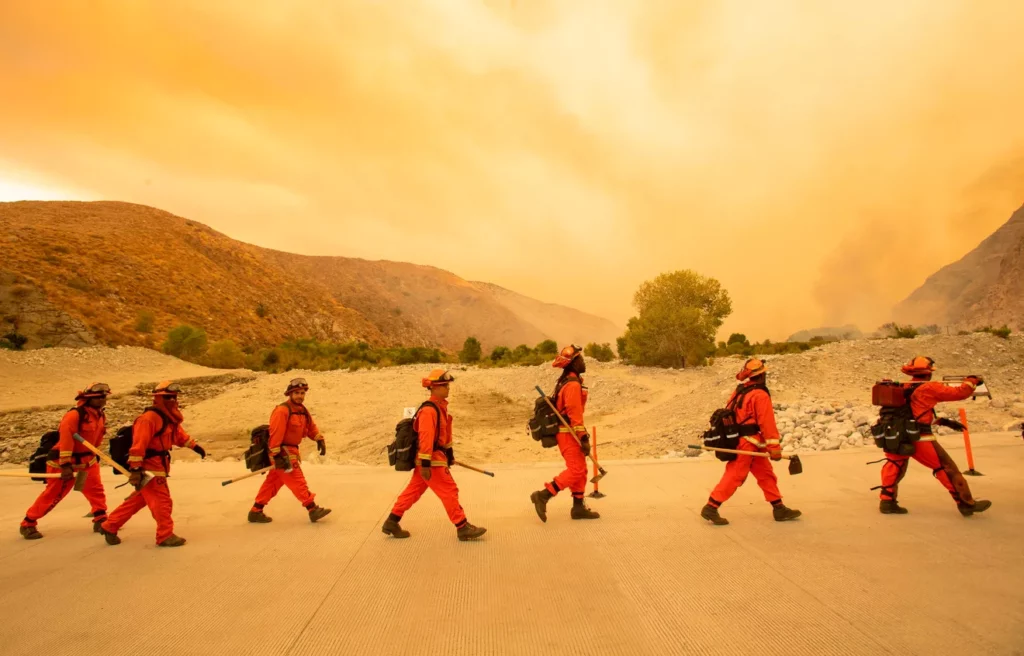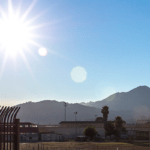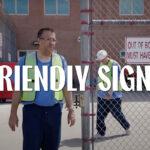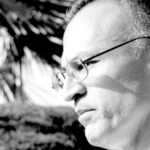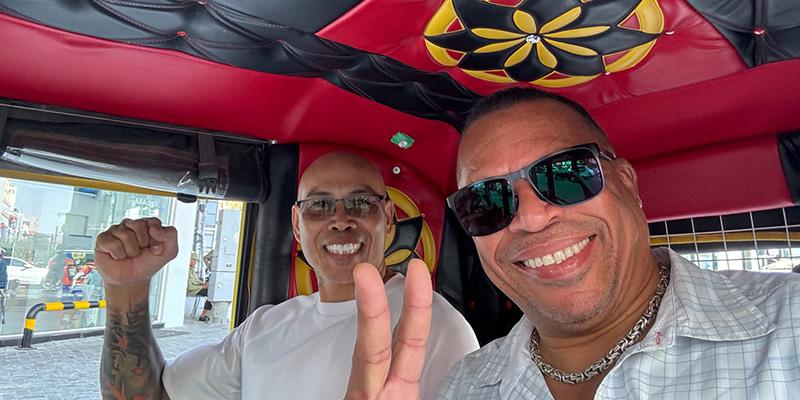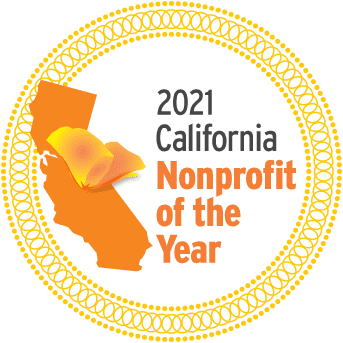I’m an incarcerated man who has changed my life and will always hold myself accountable for the decisions I’ve made in my past. As an ex-firefighter incarcerated for several violent felonies, with a release date of 2050, the opportunity to give back to my state, as well as my community, is a goal worth achieving. I propose that we put a couple of twenty-man crews together to clean our forests by doing small, controlled burns next to homes and properties with the primary goal of saving lives: human, as well as animal. There are long-term violent offenders, like myself, who have lived a dishonorable life in our communities and are willing to do the work and be held accountable.
My Uncle Bill reached out to me, a troubled, at-risk young person, as soon as I turned eighteen years old. Uncle Bill was a well-known firefighter for the US Forest Service. Through them, he gave me a few tests, and I became a seasonal firefighter from 1985 – 1986. However, my violent choices as a youngster eventually put me in prison, and I was never afforded the opportunity to be a firefighter in prison, due to being a violent offender.
While fighting fires with my Uncle Bill, I noticed how he was always alert and well aware of his crew and their surroundings. He always told us to “do your SAs” — Situational Awareness. That meant keeping an eye on each other, as well as the fuel and the moisture around you. This means to pay attention to which way the wind is blowing and how much wind the fire is creating. Sometimes a combination of wind, fuel, and terrain conspires to produce a blow up, which the fire explodes out of control. We call this “super heating”. Normally, radiant heat drives volatile gases called terpenes out of the pinyon and juniper just minutes before they are consumed. The gasses lie heavily along the contours of the slopes, and when the right combination of wind and flame reaches them, they explode. (Junger)
Throughout my incarceration, I have always felt the need to fight fires. I never lost the feeling of a firefighter bond. I’ve watched the news and I’ve noticed how violent the fires have become over the past 30 years. The loss of property, as well as life, is astounding. I saw a childhood friend named Brian on the news. Having lost everything to fire he said, “It all burned up.” My nephew John also lost his home in Paradise, CA. Thank God they survived and we still have them both.
Since I have been an inmate in San Quentin, the fires have been some of the most intense in California. I have felt helpless growing old and dying in a prison cell as the person I am today. What a waste. I have walked down prison tiers over half my life as a long-term inmate, waiting for the day my legs will fail, as I open my cell door and take that deep scorching breath, and find my way to my cold metal bunk to wonder if I will awaken for another day. Or will the CDCR send my body to my wife to cremate, and spread my carbon ashes, only to be remembered by most people as a violent offender who died in prison for voluntary manslaughter?
Dying in a prison parallels the experience of dying in a forest fire, as Sebastian Junger details in his book Fire, where he writes, “dying in a forest fire is actually like experiencing three deaths. First, the failure of your legs as you run, then the scorching of your lungs, finally the burning of your body. In the end, nothing is left but carbon.” (Junger)
In 2020, California Governor Gavin Newsom signed the bill, AB2147P85, allowing inmate firefighters to have their records expunged. Long-term violent offenders would love the opportunity to step in place of all the inmates released early due to COVID-19. There are those who have made violent choices 10 – 20 years ao. Yet, today they have the determination to live nonviolent lives. We must get serious about providing pathways for those who show dedication to turning their lives around.
I believe that incarcerated people with 10 years of disciplinary free behavior should be allowed to apply for these long-term violent forest management crews. Our numbers will be remembered as honorable men in California. Violent choices made decades ago does not mean we’re bad people. Lifer inmates who are released are assets to our state and communities, many of them working with gangs, drug addicts, and at-risk youth. The opportunity to give back is priceless.
It took 30 years for our forests to become violent, killing, property-destroying machines. With a lot of hard work we can change this. The same goes for humans. Hurt people hurt people. And as we say in Guiding Rage into Power (GRIP), “healed people, heal people.” It all comes from some sort of abuse, neglect, and more: just like our forests. From 30 years of abuse of the forest, you get blow up fires. With abused people you get long term violent inmates. With the right kind of help, love, and care, rehabilitation for our forest, just like for long term inmates, is possible. Peace will follow.
We know how to stop megafires. We need California land managers as well as the CDCR to use available resources. Working for our state and our community, saving lives and property, is a small price to pay to be remembered as a man who turned their life around, instead of as a long term violent inmate.
Give us the opportunity to clean the litter out of our beautiful California Forest and to be remembered as honorable men, just like Uncle Bill.
Reference:
Junger, Sebastian. Fire, Harper Collins, 2002.
